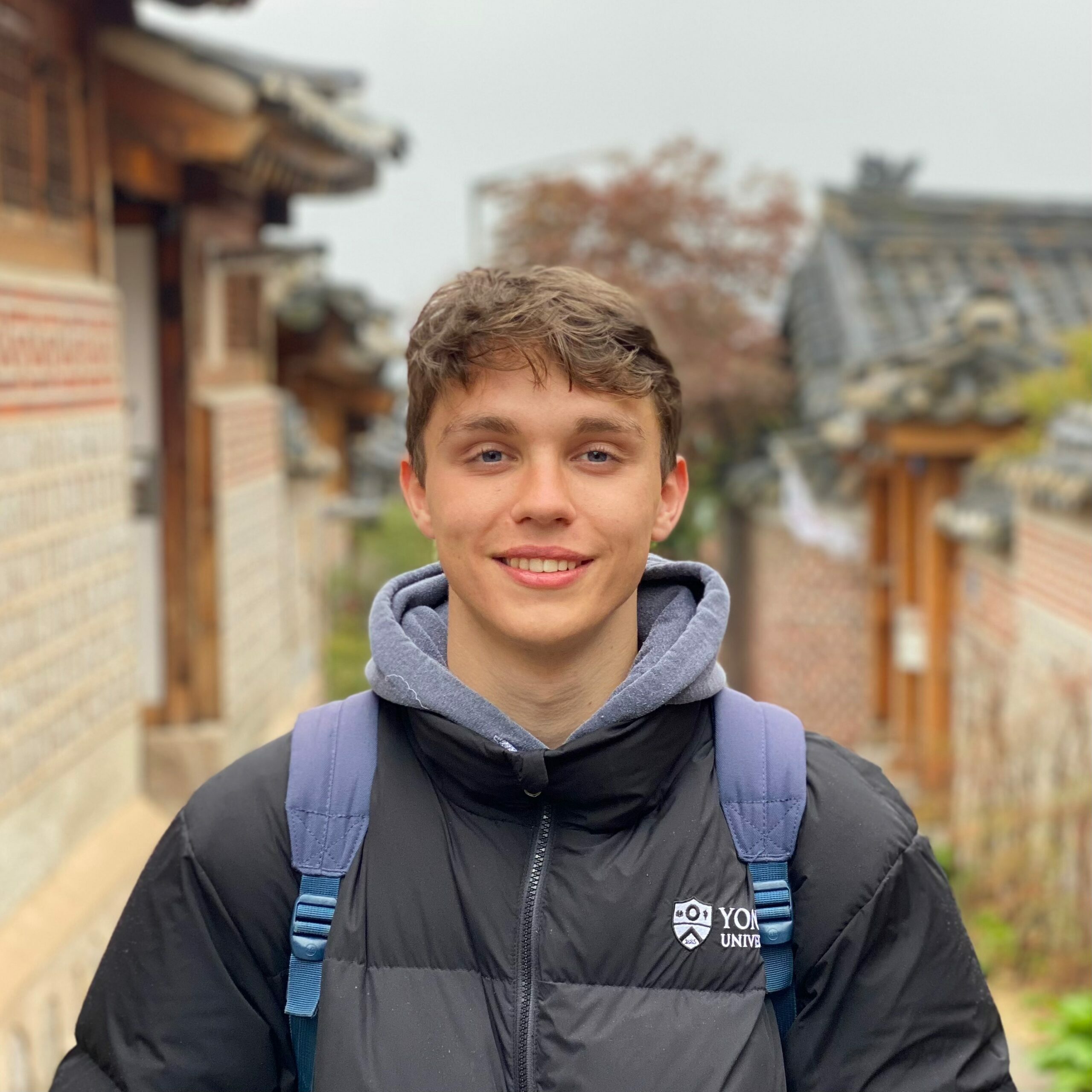What did you do that you would advise others to replicate to break into the industry?
I just decided what outlet I wanted to work at and then, once I had decided that, I basically gave it everything. It was really, really hard — like I was paying my rent and my train and all of that — but I was like: “I’m being given this small window of opportunity, so if they want me to work here for 14 hours today, I’m going to do it.” I think that ended up paying off.
How do you turn your brain off from the news?
I have a lot of friends who aren’t in journalism and who have no interest in talking about the inner machinations of journalism. I also have a lot of friends in journalism — don’t get me wrong. In the week I’ll go to the bar with them and we’ll hash out: “Can you believe this happened?” and all that sort of stuff. But then, on the weekend, I don’t talk about it at all. I’m totally detached from it with that group of people.
I think you can get really big-headed and you can get all consumed by it. That’s actually a topic of conversation sometimes in the lobby. You’d be like: “Oh, so-and-so’s got a bit deep into the project.”
The only time that I really found it impossible to switch off, and I found it really draining on me as a person, was during the pandemic. We sort of turned into a bit of a public service broadcaster at the beginning where we had to give information that we didn’t understand, no one really understood. You’d even be calling people in the civil service asking: “Can you explain this?” and they would say to you “no”, because everything was so fast-paced. It was such a drain, I was really working 20 hours a day and I just did not switch off at all. Then we got to the end of the first lockdown and I was haggard.
Why is radio your favourite medium?
A lot of people are finding this in podcasts now, but nothing is the same as live radio being on in your house. You’ve got this singular voice talking to you, it’s as if you’re being spoken to directly in your home, in a way that I think you can get from great writing, but there’s something about [talking to] someone who might be washing the dishes or getting the kids ready for school. Something comes on the radio that interests them and they just stop what they’re doing to listen to it. I think being able to engage people in that way is something you can really only do with radio.



